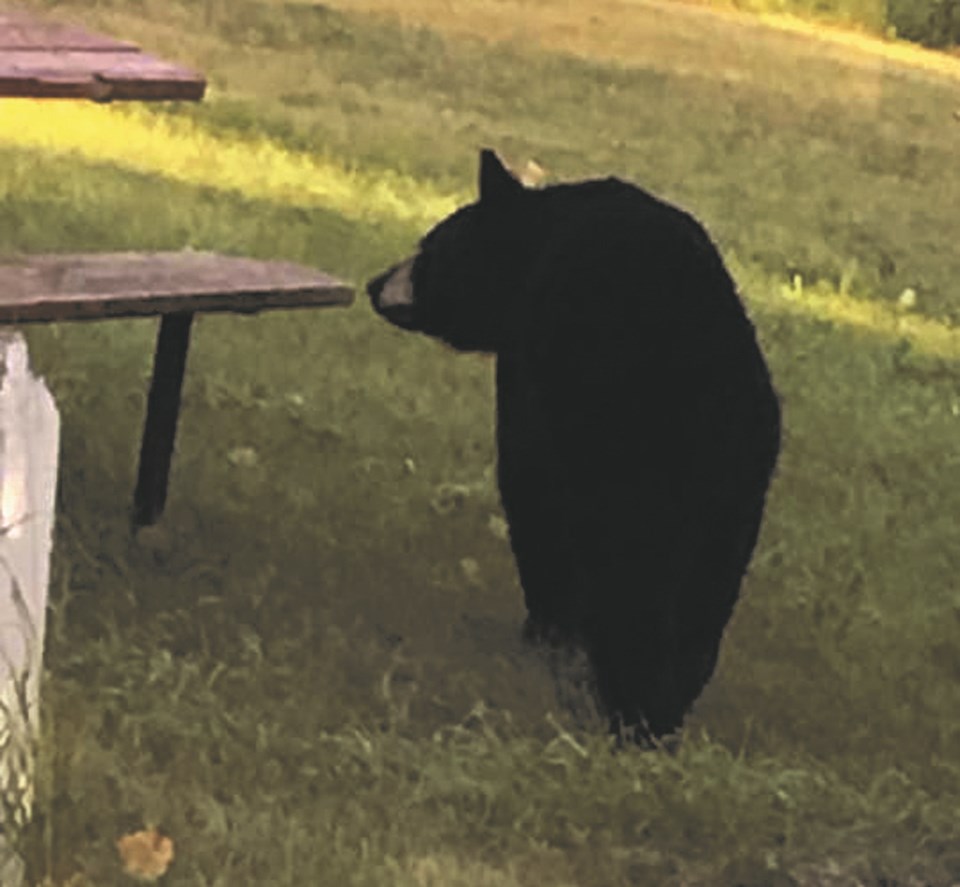Due to a higher than usual number of black bear interactions being reported, Manitoba Fish and Wildlife is reminding citizens of the simple measures that can be taken to reduce bear-human conflict.
Bears that are labeled problem animals could be subject to trapping and relocation and in worst case scenarios, problem animals are dealt with by using lethal force.
The government has asked people that their bird feeders and bird houses be removed between the months of April and November.
During the winter months bird feeders should also be used with care, hanging them at least two meters from the ground and cleaning up any and all spilled seeds. It is also wise to make sure that all garbage and compost be kept indoors or in bear resistant containers.
“It is important to note that increased sightings do not necessarily mean an increased number of bears.” says John Neufeld of Manitoba Fish and Wildlife
“Bears are wild animals and must be respected. When in bear country, it is best to assume bears are in the vicinity even if no recent conflict or encounters have been reported."
There are additiona tips that can help reduce the interactions with bears and other animals such as coyotes, foxes, raccoons and skunks.
Use a leash when walking a dog and thoroughly clean barbecues after every use this summer.
If need be, use an electric fence around your property.
People who have fruit trees on their property should make sure that any ripened or fallen fruit be removed first thing in the morning and again at dusk.
The Manitoba black bear population in 2018 was around 25,000 to 30,000, but the province doesn’t conduct official counts of Black Bears.
Carry bear deterrent spray and know how to use it. Be aware of surroundings, walk or jog in groups, make noise and make sure things like listening to music with earphones do not impede hearing.”


.png;w=120;h=80;mode=crop)

